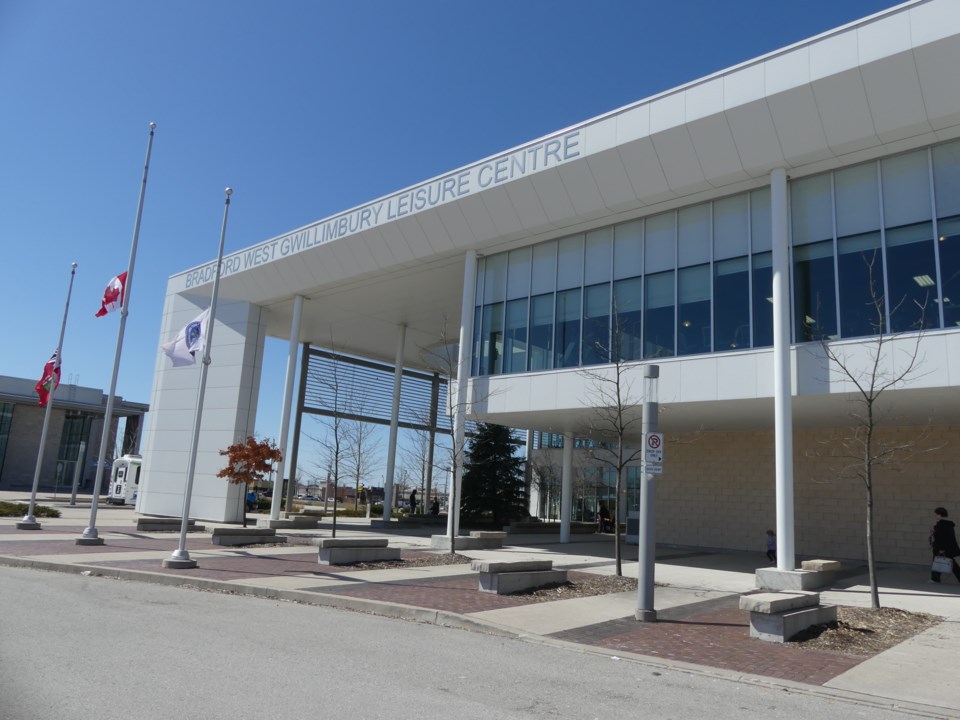Most of us have heard the phrase: “run government like a business.”
I agree we should. We should do what any respectable business owner would do: find ways to optimize our existing assets to generate passive income. Yes, we should look for efficiencies and trim the fat where we can. But we cannot compromise our core product, which for government is the services people rely on.
So governments need to get creative and find ways to optimize our existing assets, particularly in real-estate holdings.
The good news is that our governments are turning their attention to this important way of generating new income, which will allow for more dollars to fund our priorities without burdening the taxpayer.
Premier Doug Ford, for example, is looking at selling the air rights above Toronto’s 75 subway stations so that developers can build condos or office towers on what are often a single-story subway building or else sitting on acres of under-utilized parking lots. The premier is also aggressively moving to sell off surplus property.
Here in Bradford West Gwillimbury, Clerk Rebecca Murphy confirms: “Sometime this year council will be examining the properties to determine their future status.”
Although she indicated there is “very little” land that could be considered “surplus” and available to sell off, an investigation into the town’s real-estate assets could still find both savings and creative ways to generate passive income.
Take the public library, for instance. I was recently honoured to be chosen to be the vice-chair of the library board, and chair of the finance committee. Right now, the library’s revenue predictably comes from late fees, room rentals and the taxpayer funding. But the library’s strategic plan proposes investigating a café food service option in the main foyer, which would bring in a new revenue stream.
Last term, Mayor Rob Keffer championed a public-private partnership with Honeywell to replace all of the town’s streetlights with low-energy lightbulbs. At an upfront cost of $2 million, the annual savings to taxpayers are more than $220,000, or almost one per cent of the municipal annual budget — meaning the project should pay for itself in less than a decade, and then continue to generate savings to the taxpayer, while also helping fight climate change. This was truly a win-win project.
These are the types of projects we should pursue.
With that in mind, what possibilities exist to invest in, say, solar panels on the roof of our leisure centre or on town-owned land? When I attended Trinity College at the University of Toronto, we celebrated an installation of 252 solar panels atop an office building. The project was funded by $250,000 invested from student fees and an interest-free loan from the city. Today, the solar panels generate enough energy to power the equivalent of seven homes, and the $20,000 revenue that represents is used to finance scholarships for students.
Last year, BWG council began to explore how to refurbish the old community centre. There was public pushback on the proposals in early consultant reports, but the notion of looking at revitalizing this space for future civic use and recreation enjoyment is really a no-brainer. Equally important, there may be opportunities to explore at Lions’ Park and Joe Magani Park. Our town owns some 100 acres of parkland; there must be room for improvements to the recreation offerings, and space for revenue generators such as vending machines, ATMs or advertising opportunities similar to what exists in our arenas.
Even something as simple as offering free Wi-Fi in town facilities, and then selling advertising space on the Wi-Fi sign-in landing page could generate reliable, passive income to the town.
There are, of course, other places to look for savings and efficiencies. Do town staff still need landlines if they all have town-funded mobile phones? Likewise, if staff all have town-owned laptops, they better not also have desktops. Are the upfront costs of a new town hall in part offset by the savings generated by consolidating staff into one building? Is the town’s fleet of vehicles all hybrids to save on gas?
We just re-elected our entire town council because “the guys” got along, took the job seriously and kept a laser-like focus on protecting the taxpayers’ interests. In the next four years, optimizing our municipal assets to generate passive income is the next frontier they should pursue to continue to ensure they keep taxes as low as possible while still delivering quality services.
Jonathan Scott is a public affairs consultant and writer from Bradford. Email him at [email protected].

